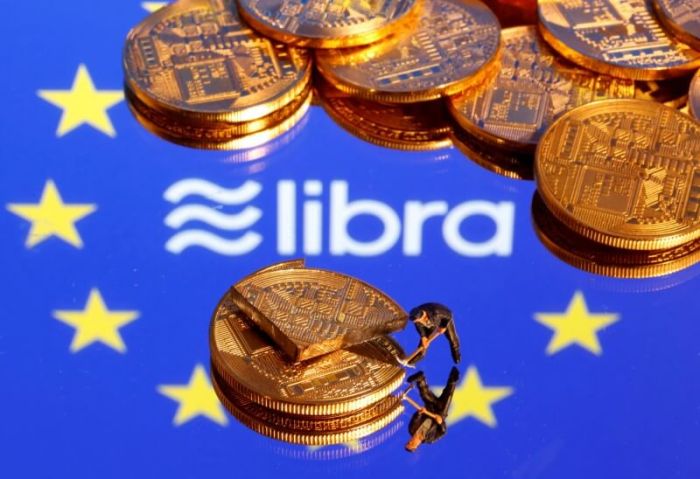By Jamie McGeever
BRASILIA (Reuters) – Brazil’s right-wing government has entered 2020 doubling down on one of the principal economic policies that marked its first year in office: the controversial view that aggressively slashing spending will spur and accelerate economic growth.
In a paper entitled “Expansionary fiscal consolidation in Brazil” published Dec. 31, it argued cleaning up public finances will fuel private sector confidence and demand, and ultimately a boom in economic activity.
According to the paper, which reflects the thinking of Economy Minister Paulo Guedes, the fiscal consolidation underway will have a near instant positive impact.
“This is based on the perception that fiscal policy has non-Keynesian effects in the current context of the Brazilian economy, in contrast with the alternative and in our view mistaken assertion that increased spending is a way of stimulating economic activity,” it said.
Government spending fell in the second and third quarters of 2019, the first time in more than two years it has fallen for two straight quarters. It almost certainly fell in the fourth.
On an annual comparison basis, government consumption is falling 1.4%, on course to contract at its fastest rate in almost 20 years.
(GRAPHIC: Brazil Govt Consupmption – Y/Y change: https://fingfx.thomsonreuters.com/gfx/mkt/13/582/582/GOVSPENDING2.jpg)
After trade, it is the only segment of the economy providing a negative contribution to growth. Agriculture, industry, business investment, services and consumer spending are all expanding, albeit at a far from blistering pace.
“IDEOLOGY AND BAD ECONOMICS”
But the notion that this drag on growth in and of itself somehow boosts private sector investment and spending has been widely criticized – many would say debunked – since the financial crisis of 2007-09.
Robert Skidelsky, professor emeritus of political economy at Warwick University in Britain, has derided the notion of a “confidence fairy” as no more believable than the tooth fairy, arguing that “(economic) recovery may come about despite fiscal austerity, but never because of it.”
Not everyone thinks it’s make-believe. Carlos Kawall, director at Asa Bank in Sao Paulo, argues that the economy’s current 2-2.5% annualized growth is largely down to the fiscal discipline which allowed the central bank to cut interest rates to a record low 4.5%.
“If the government spends more, interest rates will go back up and you will not get the economic benefits we’re currently seeing in terms of consumer credit and spending, business investment, and now growth,” Kawall said.
“This policy is working. It’s harder to grow this way, but it’s more sustainable.”
Nominally, the government’s 54.22 billion reais public expenditure bill in the third quarter of 2019 was the lowest in almost seven years.
As a share of GDP, Brazilian government spending is also falling, albeit more slowly. It remains high: at around 18-19% of GDP it is above the Latin American and Caribbean average, according to the World Bank, and in 2018 was higher than emerging market peers China, Russia, India and South Korea.
Nearly half of its outlay in 2018 went on pensions, one of the highest in the world and the impetus for sweeping social security reform that helped drive the Bovespa stock market’s 32% rally last year, over double the MSCI emerging index.
Markets have responded strongly. But the economy hasn’t, and probably won’t, according to Monica De Bolle, senior fellow at the Peterson Institute for International Economics in Washington.
While Brazil needs to get public finances back on a more even keel, De Bolle says there is no empirical or historical evidence that ‘expansionary austerity’ delivers economic growth.
Brazil should target public sector inefficiencies to generate savings and funding for social programs to protect those most vulnerable to the effects of austerity, rather than reducing the size of the state per se.
What’s more, such an aggressive squeeze is unnecessary. Unlike Argentina, or Brazil in the late 1990s, the country does not face a balance of payments crisis.
It has $360 billion in foreign currency reserves, foreign direct investment more than covers the current account deficit, and local firms are borrowing more in reais, reducing the private sector’s exposure to foreign currency debt.
“This idea of expansionary austerity should have died with the emerging market experiences of the 1990s. It failed miserably, especially in Asia. It’s a mixture of ideology and bad economics,” De Bolle said.
(Reporting by Jamie McGeever; Editing by Chizu Nomiyama)






















